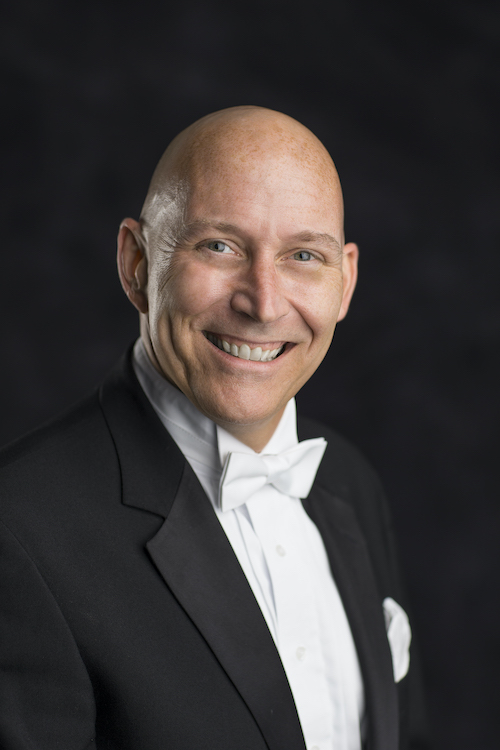Pro Arte Orchestra closes with Mozart, Haydn and a Wallen snapshot
Belize-born British composer Errollyn Wallen has long been a musical chameleon. But while her works draw upon everything from minimalism and Baroque quotation to jazz and popular sources, she has a syncretic style all her own.
Such a quality is manifested in Wallen’s Photography for string orchestra, part of which opened Pro Arte Chamber Orchestra’s final concert of the season Sunday afternoon at War Memorial Auditorium in Newton’s City Hall.
The concert, rescheduled from January due to the Omicron surge, witnessed the long-awaited return of conductor Kevin Rhodes in a performance marked by precision and wit.
Listening to Wallen’s score is to experience a musical mind that takes in multiple influences. Agitated string figures recall both Bach and Steve Reich. Other passages of the four-movement suite resemble the pastoralism of Vaughan William’s A Lark Ascending. Yet the composer combines them all in a beautifully structured collage.
Rhodes and the Pro Arte musicians only offered the first movement of Photography as a curtain raiser. The joyous energy the conductor drew from the strings left one wanting to hear all of the work.
Reductionism of this sort is all too common on concert programs. And Rhodes’s condescending introduction of the movement as a “two-dimensional framing of three-dimensional Bach” didn’t help sell what little of the piece was heard Sunday. Wallen’s score offers more than mere color, and performing the whole suite, with its deft blend of traditional and modern styles, would only show off Pro Arte’s superb blend and rhythmic vitality. Hopefully, the orchestra, which has offered a wide range of repertoire in the past, will explore the full work in the future.
The centerpiece of Sunday’s concert was Mozart’s Violin Concerto No. 5, which featured violinist Julia Cash.
The recently appointed concertmaster of Pro Arte, Cash is one of the busiest freelancers in Boston, having performed with Boston Modern Orchestra Project, the Chamber Orchestra of Boston, and the contemporary music ensemble Alea III.
Cash’s experience as an orchestral musician only enhanced her performance. Her silvery tone matched the searching intimacy that Rhodes drew from the ensemble in the opening themes. But she was a heroic presence when needed, tossing off the cadenza’s scales and arpeggios with assurance.
The soft grain of Cash’s lower register channeled an understated mystery in the Adagio. Here too, Rhodes drew a sensitive accompaniment, and Cash complemented the woodwinds and inner strings with chamber-like delicacy. In the finale, her graceful lilt in the minuet provided ideal counterweight to the fiery Turkish march, which Rhodes led with janissary zeal.
Rhodes’s reading of Haydn’s Symphony No. 49 in F minor revealed just as much depth and dimension.
Nicknamed “La passione,” the symphony is one of Haydn’s more theatrical endeavors. Research suggests that this music, with its storm and stress, may reflect the somber piety of the quaker from Nicolas de Chamfort’s 1764 comedy La jeune indienne.
But as pure music, the symphony shows Haydn at his most ardent. Rhodes’s nimble guide realized its slow-building momentum. Each phrase seemed to evolve directly out the last before erupting in seismic crescendos.
The second movement sounded vivacious, almost raucous. Rhodes also kept the Minuet’s tension in sharp focus, with gently sighing winds and strings bringing fleeting warmth to the Trio.
The finale was a true culmination.By drawing attention to the abrupt shifts between light and darkness, Rhodes revealed this middle Haydn work as a showcase for his seriousness and sentiment.
A video recording of the concert will be available next week. proarte.org
Posted in Performances





